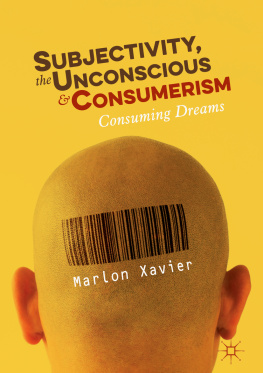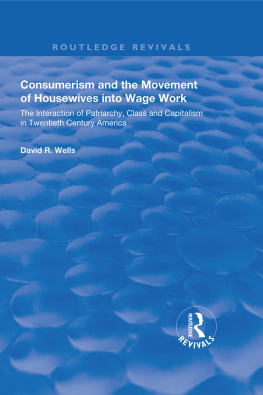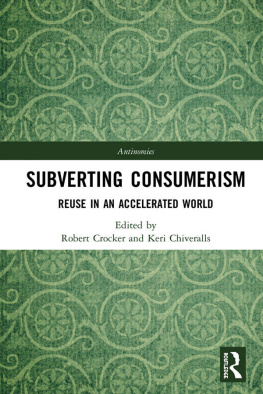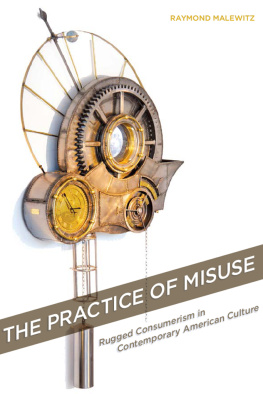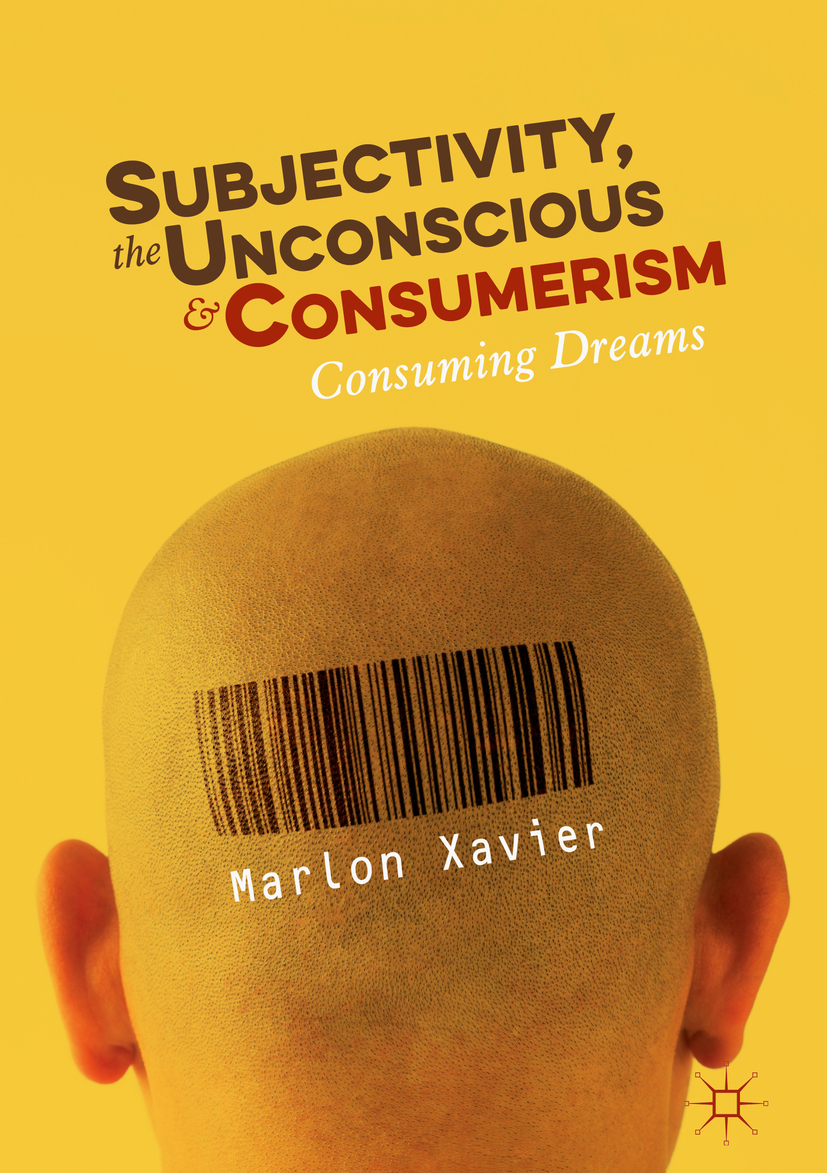Marlon Xavier
University of Caxias do Sul, Caxias do Sul, Rio Grande do Sul, Brazil
ISBN 978-3-319-96823-0 e-ISBN 978-3-319-96824-7
https://doi.org/10.1007/978-3-319-96824-7
Library of Congress Control Number: 2018954350
The Editor(s) (if applicable) and The Author(s), under exclusive license to Springer Nature Switzerland AG, part of Springer Nature 2018
This work is subject to copyright. All rights are solely and exclusively licensed by the Publisher, whether the whole or part of the material is concerned, specifically the rights of translation, reprinting, reuse of illustrations, recitation, broadcasting, reproduction on microfilms or in any other physical way, and transmission or information storage and retrieval, electronic adaptation, computer software, or by similar or dissimilar methodology now known or hereafter developed.
The use of general descriptive names, registered names, trademarks, service marks, etc. in this publication does not imply, even in the absence of a specific statement, that such names are exempt from the relevant protective laws and regulations and therefore free for general use.
The publisher, the authors and the editors are safe to assume that the advice and information in this book are believed to be true and accurate at the date of publication. Neither the publisher nor the authors or the editors give a warranty, express or implied, with respect to the material contained herein or for any errors or omissions that may have been made. The publisher remains neutral with regard to jurisdictional claims in published maps and institutional affiliations.
Cover illustration: Tetra Images/gettyimages
This Palgrave Macmillan imprint is published by the registered company Springer Nature Switzerland AG
The registered company address is: Gewerbestrasse 11, 6330 Cham, Switzerland
Preface
As a prologue to the oneiric theoretical and empirical discussions that follow, it seemed necessary to put forward just a few introductory remarks so as to generally situate the reader in relation to this present book, derived from my doctoral dissertation for the PhD program in Social Psychology at Universidad Autnoma de Barcelona. The proposal it offers may be most succinctly and broadly defined as an interdisciplinary outlook on the regime of capitalism-consumerism, and its psychological subject, through the dream as a general idea or motif, a lens through which we shall look at our objects, but also as the empirical material for research. Historically, such proposal is not without some antecedents: the concept of dream already appeared as an important trope for analyses of capitalism in some classical social authors, like Marx and Althusser, for instance, who used it mainly as a negative metaphor for the ideological, unreal character of capitalism . (Benjamin , 1916/1982, p. 151).
In tandem with the leitmotif of dream, this work sees the ethos of the regime of capitalism-consumerism through the ample concept of imaginary . Before reaching such definition of a general conceptual approach to such regime, however, I endeavored to establish relations and build dialogs with many major authors who wrote about its spirit from different perspectives, especially authors from the tradition of sociology , such as Max Weber (1905/1958), Daniel Bell (1976), Richard Sennett (1998, 2006), and Boltanski and Chiapello (1999). They were indeed relevant for this work, yet ended up not appearing much in its final version. Analogously, the process of constructing this study involved a preoccupation with developing an interdisciplinary dialog with other authors from sociology , philosophy, anthropology, and psychology , ranging from classic authors to old, quasi-forgotten works, to well-known postmodern names.
Besides its interdisciplinary effort, there are two other distinct features that mark this work. The first regards its subjective character, or, put differently, the multifarious importance that subjectivity has for it. Having dream as its leitmotif and empirical material, it could not be otherwise: although it can also be perfectly objective, the dream is by definition a very subjective experience and phenomenon, of a peculiar qualitative and symbolic nature. Furthermore, a hermeneutic approach is required in order to reveal and comprehend such subjectivity contained in the dream; and its interpretation is always subjective to a certain extent. Moreover, the psychology that grounds this work, C. G. Jungs analytical psychology , is also distinguished by the import it gives to acknowledging and understanding that which is subjective and individualwhich includes recognizing and stating explicitly the inalienable role that subjectivity plays in psychology as a field of knowledge, which always includes the subjective viewpoint of the researcher, be it of a conscious or unconscious nature, viewpoint or horizon that must be considered and relativized in order to apprehend, interpret, and understand the other , the object, in its singularity. Indeed, Jungs psychology may be characterized by a plea for full consideration and confession of what William James (1890) called the personal equation . Taking all these factors into account, I have decided for writing in the first-person singular form and actually rendering very explicit my personal standpoint, or personal equation. Such decision is already apparent in the Introduction that follows these initial words, which interweaves my personal trajectory, motivations, and inquietudes with the more objective justifications, arguments for relevance, and rationales for this work, all of which were equally important for its making and constitute its background.
The second distinct feature of this study consists in the fact that, since its very inception, it was conceived as an attempt to innovate and offer something original, to present different points of view and theories, and to generate reflection. Such endeavor at originality demanded elaborating different concepts and theorizations, whose meanings and particular definitions may be hard for the reader to grasp at first. Also, my utilization of an interdisciplinary theoretical framework essentially based on two authors (Jung and Baudrillard ) whose conceptualizations may be deemed complex and difficult can present the same problems for the reader. In order to try to alleviate such possible difficulties, at the end of this work is a concise Glossary with brief definitions of a few of the main terms or concepts used here.
Finally, I shall let the reader decide whether such attempt at innovating was a successful one. Yet, maybe the main value of this work simply consists in revealing and trying to understand what goes on in the forgotten, deep recesses of the souls of a few peoplein comparison with our contemporary situation. As Fernando Pessoa (1924/1995) put it, Everything is illusion. To dream is to know it (p. 100). And also Maffesoli (2008): According to Fernando Pessoa , it was important to decipher the secret laws that govern society. Laws that allow us to recognize the relationship between the dream and what is called reality. The reality of a social life in which ideas, illusions, phantasms and, in one word, the imaginary, have a central role (p. 156). Thus, and to paraphrase T. S. Eliot (1925), we ought to dare meet and in fact

